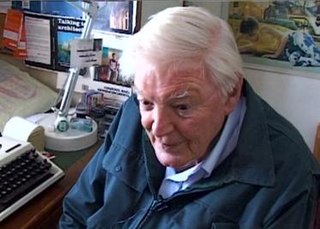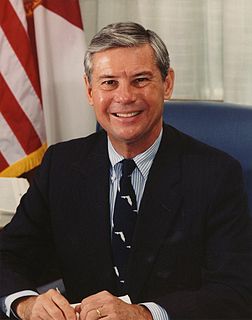A Quote by Lawrence Kaplan
The din of politicians speechifying about the war, the faux moral posturing of opinion-makers who claim to speak in the name of 'the troops,' everything that Iraq has come to represent in the American imagination - it all melts away in the 115-degree heat. What's left is the machinery of a war that, having been called into being by civilians, no longer bears a relation to anything they say.
Related Quotes
In Iraq, State Department civilians and U.S. soldiers have been operating in the same location in an active war zone. While the troops have been facing insurgents, the State Department civilians have been working to rebuild institutions and infrastructure. Blackwater's role in this war evolved from this unprecedented dynamic.
In every major war we have fought in the 19th and 20th centuries. Americans have been asked to pay higher taxes - and nonessential programs have been cut - to support the military effort. Yet during this Iraq war, taxes have been lowered and domestic spending has climbed. In contrast to World War I, World War II, the Korean War and Vietnam, for most Americans this conflict has entailed no economic sacrifice. The only people really sacrificing for this war are the troops and their families.
In my head, thought, I would love to do an interview where it's just sort of de-constructed - the talking points of Iraq - sort of the idea of, is this really the conversation we're having about this war? That if we don't defeat Al Qaeda in Iraq, they'll follow us home? That to support the troops means not to question that the surge could work. That, what we're really seeing in Iraq is not a terrible war, but in fact, just the media's portrayal of it.
Possibly my hatred of war blinds me so that I cannot comprehend the arguments they adduce. But, in my opinion, there is no such thing as a preventive war. Although this suggestion is repeatedly made, none has yet explained how war prevents war. Worse than this, no one has been able to explain away the fact that war creates the conditions that beget war.
I will never say, 'support the troops.' I don't believe in the validity of that statement. People say, 'I don't support the war, I support the troops' as though you can actually separate the two. You cannot; the troops are a part of the war, they have become the war and there is no valid dissection of the two. Other people shout with glaring eyes that we should give up our politics, give up our political affiliations in favor of 'just supporting the troops.' I wish everything were that easy.
With a book called 'Keeping Score,' I really did want to write a book about the Korean War, because I felt that it is the least understood war in the American cultural imagination. So I set out with the idea that Americans didn't know much about the Korean War and that I was going to try to fix a tiny bit of that.
Americans would have a right to go to war with the Iraqis if we could name one author from Iraq. It disturbs me that we're going to war with somebody we know absolutely nothing about. Name one Iraqi poet, one Iraqi woman activist, one Iraqi singer. Name one Iraqi novelist. You can't. And how can you go kill someone you don't know anything about?
Because Hillary Clinton and Barack Obama failed to provide a status of forces agreement and leave sufficient troops in there, we are back at war. The president just ordered more troops on the ground. We are back at war in Iraq. And Scott Zubowski, whose mom would always come to Memorial Day events in Newcastle, Indiana, to see me, and I'd give her a hug and tell her we're never going to forget her son and we never will, Scott Zubowski and the sacrifices the American soldier made were squandered in Iraq because this administration created a vacuum in which ISIS was able to grow.






































